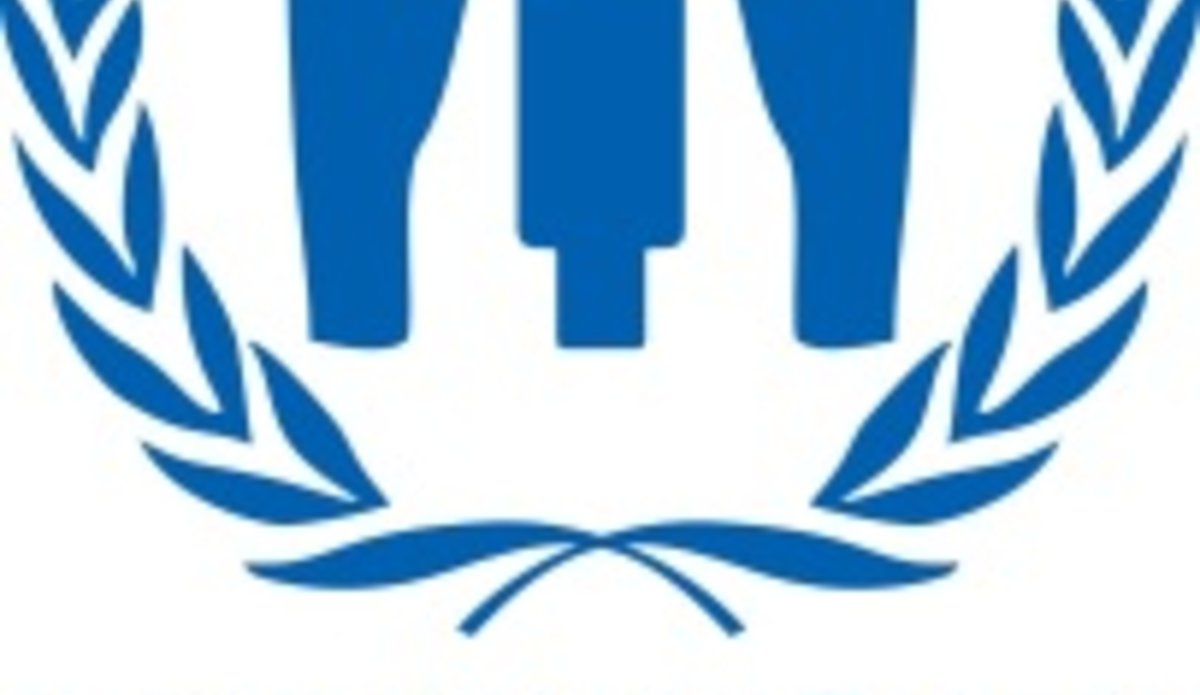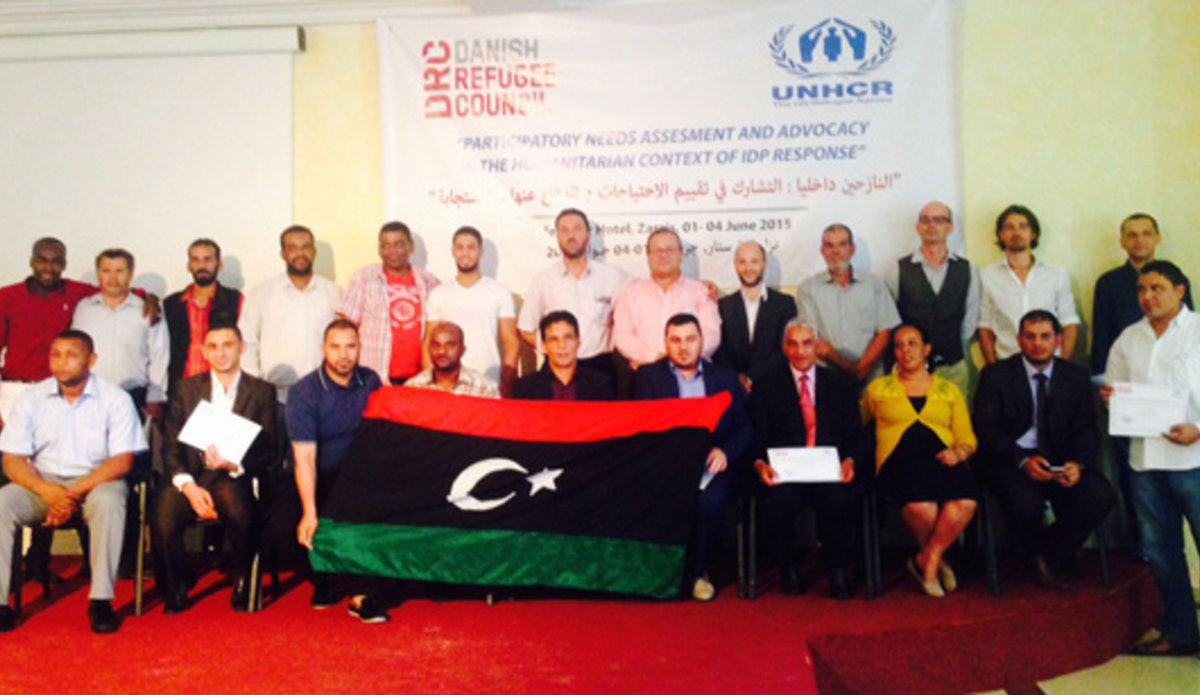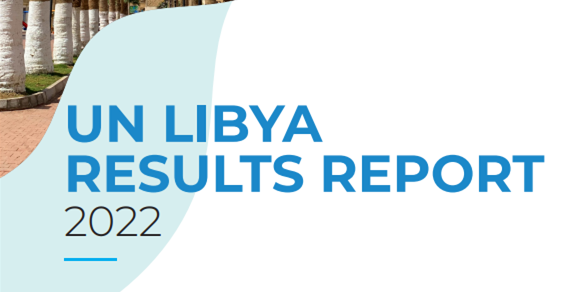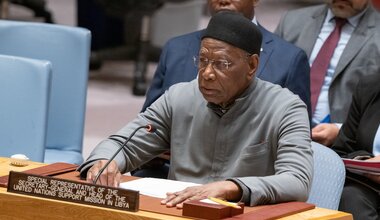UNHCR in collaboration with DRC conducts two workshops on the IDP response in Libya
Tunis- The Office of the High Commissioner for Refugees (UNHCR), in collaboration with the Danish Refugee Council (DRC), recently conducted two workshops on internally displaced persons (IDPs) in Libya response. The workshops were held in Zarzis, Tunisia, and included participants from across Libya.
The aim of the first workshop in late May was to introduce the basic international legal standards of Protection for IDPs and explaining the importance of IDP data collection. Twenty-four participants from local NGOs as well as the Local Crisis Committees took part.
The second workshop, which concluded on the first week of June, focused on participatory assessment tools in order to comprehend needs of IDPs and how to advocate on these needs.
There are currently over 400,000 IDPs dispersed throughout Libya, with the numbers increasing due to ongoing clashes. Many Libyans have been forced to flee their homes seeking shelter in neighboring towns and cities, within host communities or establishing makeshift shelters in abandoned seaside resorts and schools. Due to the large number of displaced, international organizations in collaboration with the Local Crisis Committees and NGOs have been sparing no effort to address the needs of IDPs in Libya. UNHCR has identified the importance to work closely with the Local Crisis Committees, through building understanding on who is an IDP and IDP standards, and improving the means and methods of IDP data collection and establishing an IDP needs data matrix.
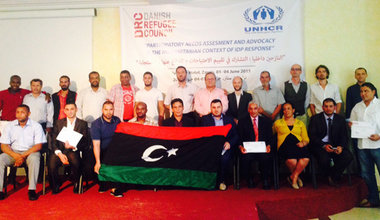
In the first workshop titled: “Internally Displaced People, Standards, Principles and Profiling”, participants sought to come to a common understanding on who is an IDP and their rights in the context of Libya and what is the minimum that should be collected in relation to IDP data in their locations. The workshop also introduced participants to new methodology such as the Displacement Tracking Matrix managed by IOM, while promoting a coordinated and effective response to address the humanitarian needs of the most vulnerable IDPs, including those in mine-affected areas. The workshop was highly interactive with participants outlining what could and could not work in their current situation and data collection structures.
The second workshop, which commenced on Monday June 1st and continued for four days, also brought in members from the Local Crisis Committees throughout Libya, including the south, as well as local NGOs actively engaged in IDP response. Under the theme “Participatory Needs Assessment and Advocacy in the Humanitarian Context of IDP Response”, the workshop covered a wide range of topics, including the importance of establishing a community based approach while introducing the basic CBA Principles and protection response. With the aim of empowering the Libyan civil society to respond effectively to the needs of affected Libyan citizens, the workshop covered areas including participatory assessments and advocacy, as well as project proposals and the project cycle as a means to promote effective planning and implementation. The workshop concluded with tying the different themes explored over the course of the four days into a comprehensive understanding of IDP response.
The overall engagement from the participants was positive and welcoming. There was a general sense of commitment and willingness to begin implementation. Most importantly, as one participant had noted on the final day, bringing in participants from all over the country, east, west and south and working together hand in hand is proof that Libyans are brothers and sisters and “there is no conflict amongst us.”
 United Nations Peacekeeping
United Nations Peacekeeping UN
UN
